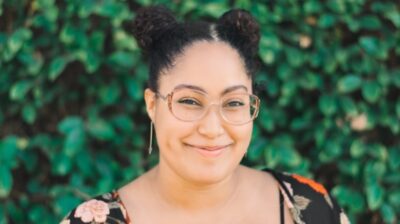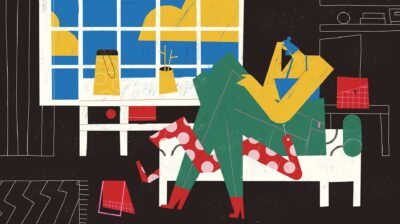How I managed my Epilepsy diagnosis
Stephen talks about the ups and downs after being diagnosed with Epilepsy at 17

On the 7th of April 2014, I was diagnosed with Epilepsy. It was an ordinary day and I was getting ready for school. I felt completely normal, although a bit nervous, as I was going to be in a debating competition the following day. I was not aware of anything wrong until I opened my eyes and saw my GP and a paramedic standing over me. What followed were three days of poking and prodding, scanning and screening, that passed by in a dull haze. By the end of those three days, my diagnosis was confirmed, and I returned to the world greatly changed.
Learning more about Epilepsy
Epilepsy is probably the most common seizure disorder, with about 40,000 living with it in Ireland. It can affect the whole brain, or it can affect specific parts of the brain. It may be caused by genetic or structural issues with the brain, or there may be no obvious explanation at all. The type I have is called generalised idiopathic Epilepsy, meaning most of my seizures affect my entire brain and, as of yet, no one knows why I get them.
An Epileptic seizure
A seizure is an unusually large discharge of electricity in the brain that can cause a number of symptoms. We have all seen frightening examples of seizures on TV programmes, where the person suddenly falls to the ground in a state of unconsciousness, jerking violently and foaming at the mouth. This is called a tonic-clonic seizure and is what I suffered on that April morning. They are distressing to witness and can be very dangerous. Indeed, the last time I had one, I dislocated my shoulder, was bruised all over my body and burst the blood vessels in my eyelids. It is certainly the classic idea of a seizure. However, it is simply one of many.
Like the types of Epilepsy, seizures can affect the whole brain or only certain parts of it. Another example is an absence seizure, which is a less aggressive and more subtle type of seizure. With these, the person suddenly becomes unaware of anything happening around them for a short period of time. I know now that I had been having this type of seizure since I was a child. A focal seizure is different in that it is localised in one part of the brain. In my experience, I have mild focal seizures that cause sudden changes to my senses of smell and taste. For example, I may suddenly taste something bitter in my mouth or smell something sweet when there is nothing there to cause that. They are hallucinations brought on by the seizures. Honestly, I find these very interesting.
Growing up with Epilepsy
Epilepsy presented me with many challenges that I was not equipped to deal with at 17. At 23, I am far more experienced, but it has been a long road. The side effects of the disease, as well as the medication and the stresses of being a teenager, led to some hard years. I sank to depths of depression that I did not know how to escape. I have bodily exhaustion that has never left me, but which I can better disguise now. I was doing my Leaving Cert year in the months that followed my diagnosis. I was trying to come to terms with having an illness I’d have for the rest of my life, as well as adjusting to the routinely changing medications, which often disagreed with me and caused mood swings. My memories of this time are not fond.
Needing more support
Looking back now, it is quite clear that I needed far more support than I got. However, at the time, there was never even a suggestion that I might need help. I do not know why I was effectively told to manage this illness on my own. It could be because of the lack of funding and structural problems with our health service. Or maybe there are still so many questions to answer about treating Epilepsy and other neurological illnesses.
A lot of the time, I felt that my doctors were just throwing different medications and dosages at me to find a combination that worked tolerably well, without taking into account the major psychological effects that this diagnosis had on me. Of course, their primary goal had to be controlling the seizures, but I was offered no guidance on coping with such a big change. Things may have been better for me if this had not been the case. Truthfully, I’m not even sure what would have helped.
Invisible illnesses can be lonely
Receiving a diagnosis is a very lonely experience. I don’t blame the people around me for not understanding how difficult it was. However, I think I would have had an easier time adjusting if people had some sort of frame of reference of what I was experiencing, and if I was given support to come to terms with it. A less pressured environment during the Leaving Cert would have been a major help in my recovery.
My advice for anyone with Epilepsy
My life is quite different now. I have just finished a master’s degree. I understand the causes of my seizures and work to minimise my risk. Fatigue and stress are the main two. I became a secondary school teacher, a profession in which I feel I can avoid these. For me, it is all about working hard to minimise your risk.
The number one best thing you can do in my opinion is to take your medication, and notifying your doctor if your medication’s side effects are becoming too harmful. Beyond that, it really is a process of adjusting your life to incorporate Epilepsy, rather than allowing it to take over your life. A neurological disease, like Epilepsy, can be debilitating and take people to dark places, but it will not hinder me anymore, and I pray that others in my situation may find the same comfort.






